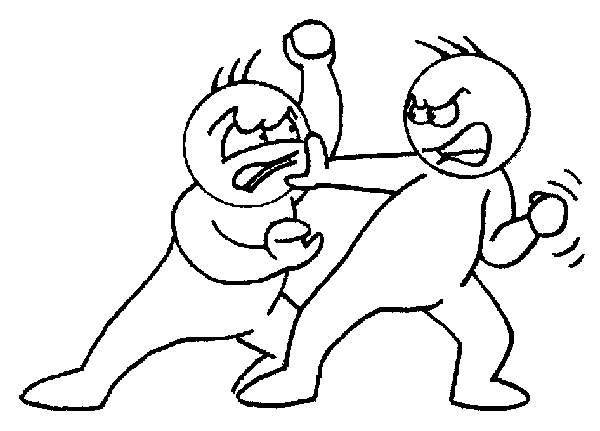 I’ve been having a rather unpleasant argument on my Facebook page today. Here’s how it began.
I’ve been having a rather unpleasant argument on my Facebook page today. Here’s how it began.
While editing a story for Prime Number Magazine this morning, I came across the adjective “blonde-grey,” which I considered wrong on two counts. First, in American usage, as I have learned, we don’t spell “blond” with an “e” (although we used to) when it’s used as an adjective. Second, in American usage, the spelling “gray” is more common than “grey,” which is more common in British English. So, I corrected the adjective to “blond-gray.”
Then, for fun, I posted this on Facebook: “PSA: In America, there is no ‘e’ in blond.”
Some people agreed, and some people challenged my assertion, either asking questions or saying I was flat-out wrong, and calling me arrogant for so pontificating.
Grammar fight!
But seriously, I also learned back in the dark ages that “blond” is masculine and “blonde” is feminine, both as adjectives and nouns. These days, almost all sources I have found say that the adjective form is “blond” (that is, never use “blonde” as an adjective). Some sources allow that the noun form depends on the gender of the person who is referred to. A man would be “a blond” but a woman would be “a blonde.”
These distinctions are carryovers from the original French and for the most part remain in British English. American English has been losing them over time, and in this case it is just about gone.
My source for all things usage-related is Garner’s Garner’s Modern American Usage, and here’s what Garner has to say on this controversy:
As an Adjective. In French, the –e is a feminine tag, the spelling without the –e being masculine. This distinction has generally carried over to BrE, so that blonde more often refers to women and blond more often refers to men. In AmE, though, blond is preferred in all senses.
As a Noun. Though we may from time to time see blond men and blond women in print, when we see a reference to a blonde (or a blond) we almost always assume it’s a woman. To avoid appearing sexist, it’s best to refrain altogether from using this word as a noun. In fact, some readers will find even the adjective to be sexist when it modifies woman and not hair.
There you have it.
It was a silly argument and my position hasn’t changed even one hair, blond or otherwise.

Dem’s, it seems, is fighting words. See this link.
http://www.theonion.com/articles/4-copy-editors-killed-in-ongoing-ap-style-chicago,30806/
I was editing a story last night, and the keyboard practically blazed from the speed at which I changed “grey” to “gray.” Thank you for your timely reminders!
Here is Grammarly’s take on the subject, in which they start out taking a stand and ultimately leave to ‘e’ or not to ‘e’ entirely up the writer.
https://www.grammarly.com/blog/blond-blonde/